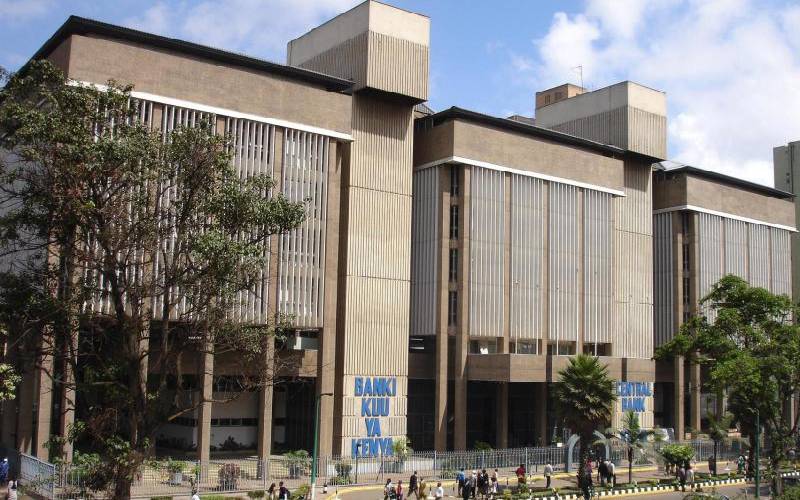×
The Standard e-Paper
Fearless, Trusted News

Recent months have been characterised by a severe cash crunch, which has seen businesses close down and scores lose their jobs.
These are extraordinary times, and they call for extra-ordinary measures. Measures such as the recent one by National Treasury to compel State corporations and county governments to release close to Sh165 billion to suppliers are welcome. For a while, a lot of businesses have been choking for lack of cash.






